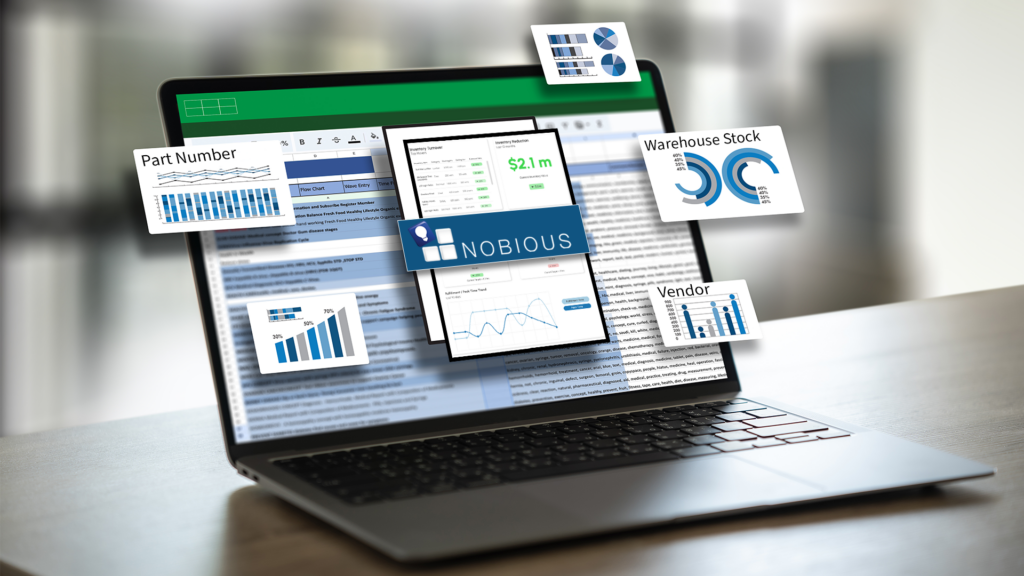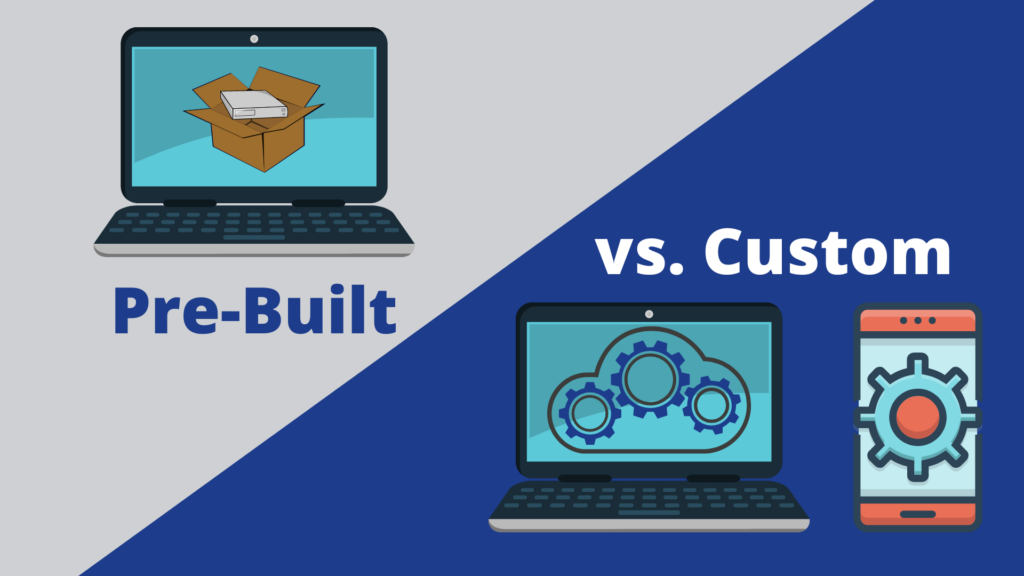You’ve probably found yourself on Google, searching for a technology solution to a business problem your internal customers have been complaining about. Time tracking systems, reporting software, ticketing solutions….you’ve probably searched for many of them at some point in your career. And they all say they can “integrate” with your accounting or ERP system… no problem! Oh, really?
What does integrate really mean?
I would guess, if you have purchased one of these solutions in the past, you have experienced one of those occasions where promises related to integration were exaggerated. After making the purchase and beginning the implementation process your team comes to learn that it doesn’t completely integrate the way you were expecting. Perhaps some of the data transfer processes you need will be manual, or there’s no logic built into the process. What’s up with that? Then you ask yourself whether your expectations were too high or if you actually got snookered… It’s difficult to know, so you just go with it, it’s all you can do.
The reality today is that expectations related to integration are often too high, however this isn’t necessarily your fault. When software companies develop a solution for a certain business problem, they know their potential customers are going to expect the solution to work with their accounting ERP system. However, their potential customers have lots and lots of different accounting systems. And it takes a lot of effort and costs a lot of money to build a good integration with any system, let alone a complex accounting system. So it’s not reasonable for these companies to integrate well with everything. The problem is, they often claim to anyway, because they know that’s the expectation. Let’s just say they use the term “integration” quite liberally.
How do companies attempt to address these issues?
Some software companies address this by partnering with integrators. For example, our company provides Accounting ERP integration services for multiple software solutions. However separate integrators result in separate additional integration costs. Other companies address this challenge by providing enhanced capabilities to import and export data from their systems. We find this approach is most common and also the most misleading. Import and Export buttons are not integrations! Those companies that claim as much perhaps are not being completely honest. When we hear a solution provider say their integrations are accomplished through imports and exports we often cross them off our list.
A good integration requires analysis and understanding of the source and target systems. It typically requires some level of customization for each organization, perhaps even each business area. And it may require occasional maintenance.
Questions you should ask a software company about their “integration” to your Accounting ERP system:
- How exactly is the integration designed?
- Direct database integration
- Web services?
- Import/Export or Spreadsheet Integration
- Did you build the integration yourself or do you use a partner?
- What are the objects that integrate? What objects do not? To what extent do the details within these objects integrate? All child items?
- How is the integration maintained? Will your company be able to immediately identify if a change occurs in our system that may impact the integration?
- Can the integration be customized for our organization? If so, how does that process work?
Knowing what to expect regarding integration and what questions to ask in order to understand a solution’s integration capabilities and limitations will save you a lot of headaches in the future.



